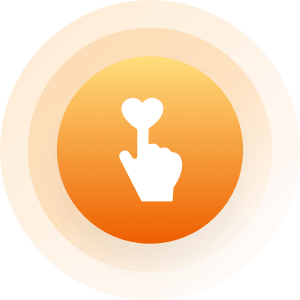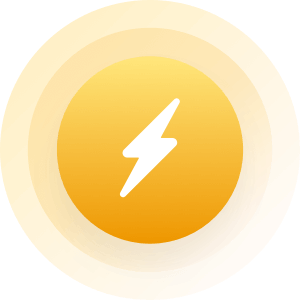| Topic: Alarming Effect E-Mail Has on Your Brain | |
|---|---|
|
Alarming Effect E-Mail Has on Your Brain
We have no idea what you're supposed to do about this, but a British study by TNS Research commissioned by Hewlett Packard concludes that workers who are distracted by frequent phone calls, e-mails, and text messages actually suffer a greater loss of IQ than someone who smokes marijuana, report The Guardian and UK's Press Association. The problem isn't the e-mail itself. The problem is the constant interruptions in your work day that reduce productivity and leave you feeling tired, lethargic, and unable to focus. In 80 clinical trials, the IQ of 1,100 British workers was monitored throughout the day by Dr. Glenn Wilson, a psychiatrist at King's College in London. What he found is that when people tried to juggle e-mail, phone calls, and text messages along with their work, their IQs dropped by a full 10 points. That's the equivalent of missing an entire night's sleep and more than the four-point decline seen after someone smokes pot. "This is a very real and widespread phenomenon," Wilson told The Guardian. "We have found that this obsession with looking at messages, if unchecked, will damage a worker's performance by reducing their mental sharpness. Companies should encourage a more balanced and appropriate way of working." The Guardian describes it like this: "E-mails in particular have an addictive, drug-like grip." A big part of the problem is what Wilson calls an almost complete lack of discipline in handing e-mail. Most of us feel compelled to reply to each new message, and this leads to a relentless change in our mental direction. Alarming facts about how we use e-mail: Fully two-thirds of workers check their e-mail when they aren't working, including on vacation. 50 percent respond to an e-mail within an hour of receiving it. 20 percent will interrupt a business or social engagement to respond to an e-mail. 90 percent said anyone who answers e-mail during face-to-face meetings is rude, but 30 percent admitted it's also a sign of diligence and efficiency. |
|
|
|
|






